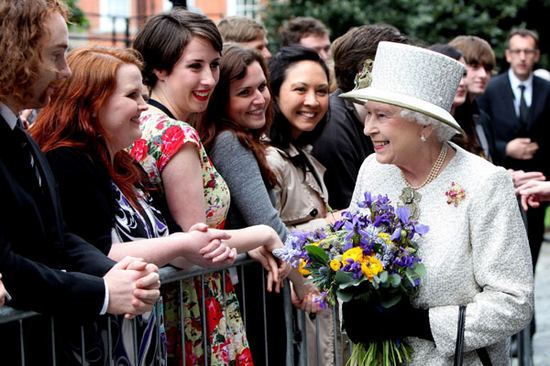Perhaps, like Dickens, we will say it was the worst of years, but it was the best of years too, for like every other year it was mixed in blessings and in worries. But, some leaves from my diary remembering interesting experiences of the year
In February, I visited Cambridge at the invitation of Professor Eamon Duffy, the history don who has specialised in Catholic English history. After one of those splendid High Tables dinners at Magdalen College, we repaired to hear Archbishop Diarmuid Martin give a discourse on the state of things in Ireland. His sincerity is palpable and when speaking about the question of child abuse, he became distressed and upset. Reading through the documents about the abuse questions was a dreadful experience for him. Meeting the victims of abuse, though, he later told me, he learned how carefully one has to tread, for they are often volatile people, possibly made volatile by their experiences.
I came to understand this more, subsequently, when I interviewed someone who had grown up in an Irish orphanage: she did not experience abuse as such, but there is often something profoundly damaging about having grown up in any kind of institutional care and I could see the volatility. As psychologist John Bowlby pointed out decades ago: a child needs attachment to one person in the early years. And I suspect that in some abuse cases there are also background family problems, or attachment issues in institutional or state ”care”.
The visit of Queen Elizabeth and Prince Philip to Dublin, Kildare, Cashel and Cork was certainly an historic occasion, and beguilingly good-tempered. The only sad aspect, indeed, was the draconian security which restrained so many members of the public who would haved loved to give a Ce¨ad Mi¨le Fáilte to the visitors. Dubliners stopped me in the street — I had been doing a commentary on RTE¨ — and wistfully asked me what it was like to be near the ceremonies. I felt it was so regretful that the natural warmth of the Irish people couldn’t be properly manifest — except at the end of the trip, in Cork, where spontaneity broke through.
I was introduced to HM at the National Convention Centre in Dublin, where I was grouped with writers Colm To¨ibi¨n and Sebastian Barry. When introduced, I asked the Queen — ”Did you see some nice Irish horses today, Ma’am?” She had been to the National Stud and replied that she had encountered some very pleasing Irish horses indeed. And then she suddenly said, smiling, and a little shyly, ”I enjoyed your article in the newspaper very much.” I had written a long piece in the Daily Telegraph examining the historical background, and why this visit couldn’t have happened until 2011.
She spoke the compliment in such a kind and natural way that I felt it was spontaneous and sincere. Later on, she went up on the stage and got to meet the Irish artiste she much admires, by all accounts: Mary Byrne, the singer from Tallaght.
Books I liked
Tim Robinson’s Connemara — a Little Gaelic Kingdom — so packed full of anecdotes and gems of knowledge about Connemara. Jeannette Winterson’s Why Be Happy When You Could Be Normal? is a misery-memoir with a difference: adopted by a fanatical woman from a Manchester Pentecostal church, Jeannette nonetheless draws strength from the drama of a biblical formation and the intense sense of community church life. And for self-improvement, the unblushingly titled Be Excellent at Anything by Tony Schwartz et al. This urges us to multi-task less, take more rest, don’t get obsessed with e-mails and social networking, and spend time in contemplation. I’m all for that!
Mature student
I was accepted by Goldsmith’s College in London to do a Masters Degree in Writing for Drama. They are very encouraging to older people for post-grad work, which is wonderful. Alas, I was not able to take up the opportunity in September because of home responsibilities: but next autumn, hopefully, by the Grace of God.
Monetary motto
And finally, for 2012: a commemorative coin is to be struck — in London by the Royal Mint — in honour of the bi-centenary of Charles Dickens. The inscription on the £2 coin will be: ”Something will turn up”, those immortal lines from Mr Micawber in David Copperfield.
Mr Micawber was based on Dickens’s own father, an eternal optimist who was always in trouble with money and who was apt to say ”something will turn up”. What a witty and appropriate way to adorn a coin — and if you have the coin in your hand, something has indeed turned up!


 Mary Kenny
Mary Kenny Queen Elizabeth's visit to Ireland was a highlight for Mary Kenny
Queen Elizabeth's visit to Ireland was a highlight for Mary Kenny 